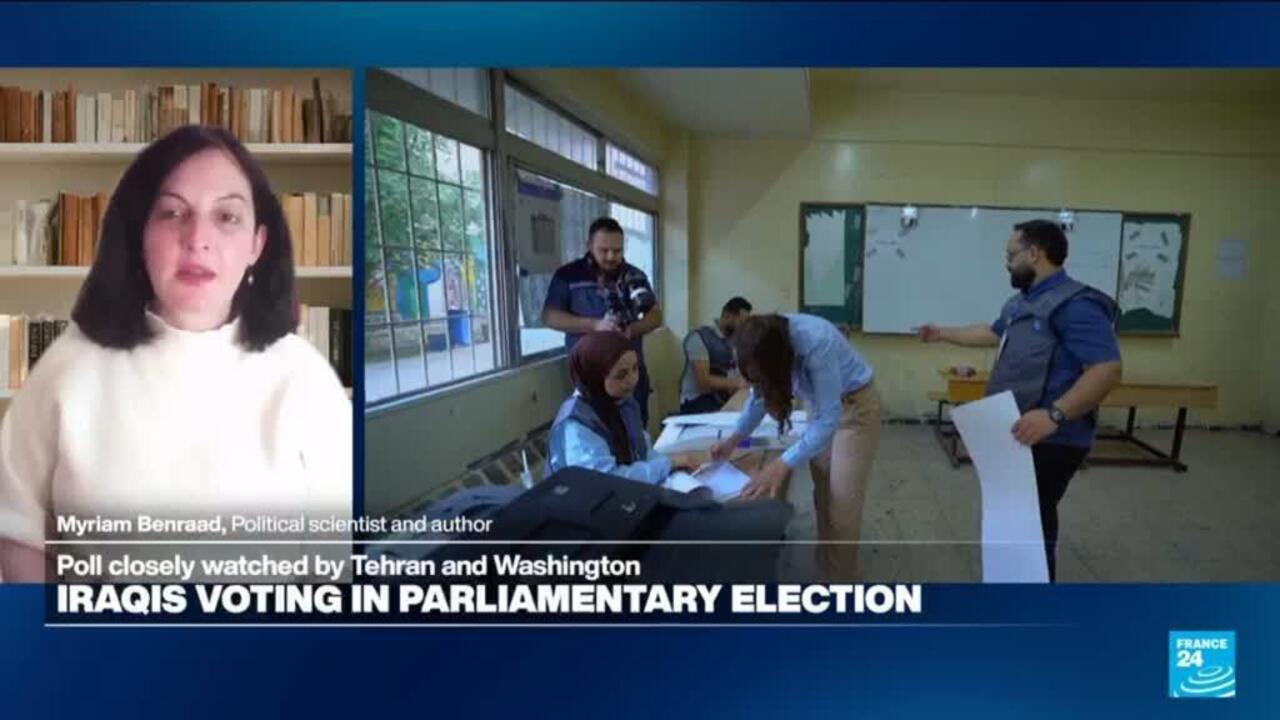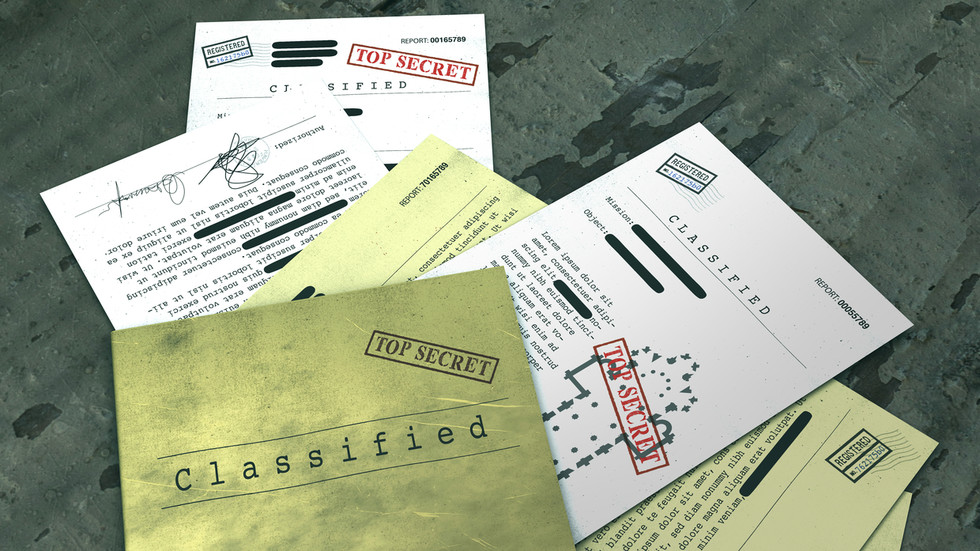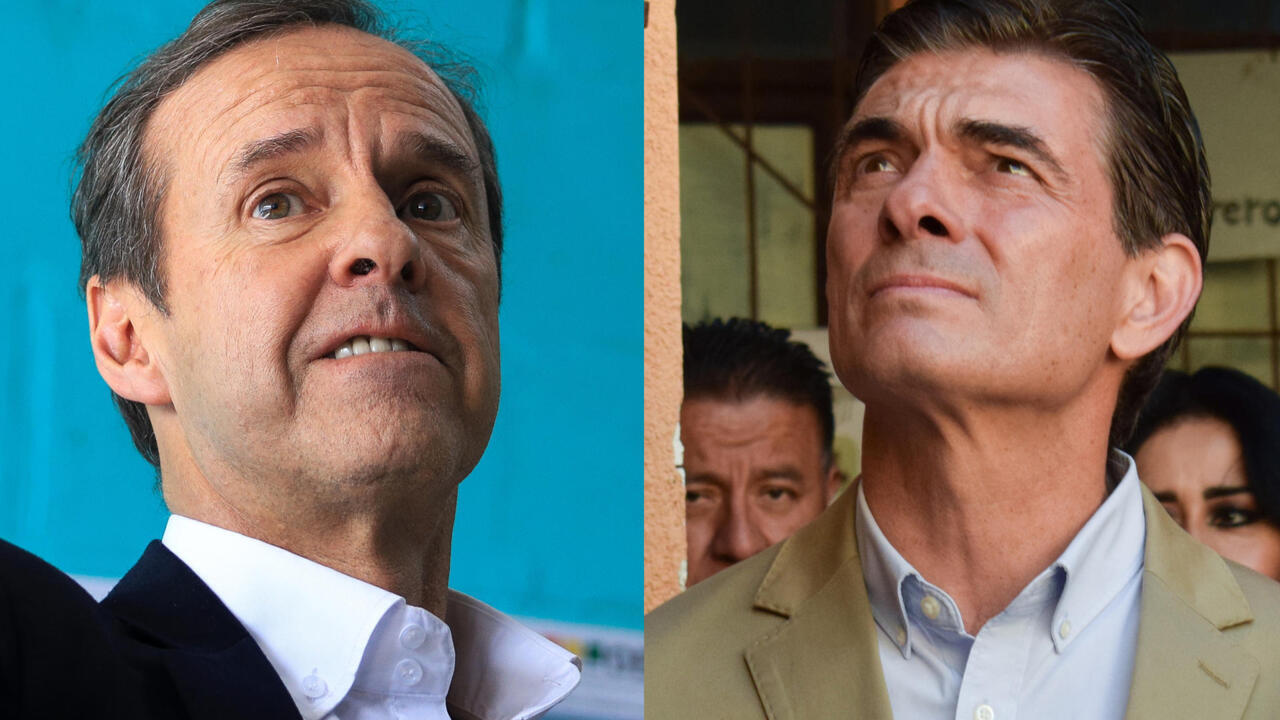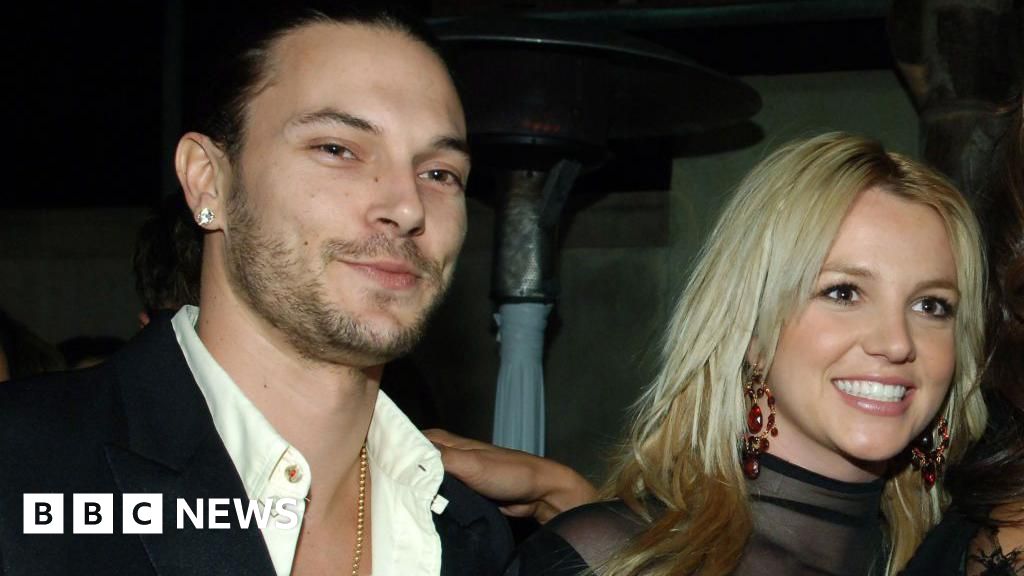
Sergei Lavrov (File photo)
Russia on Tuesday said it was prepared to hold talks with the United States over accusations made by US President Donald Trump that Moscow had secretly carried out underground nuclear tests, while firmly denying any wrongdoing.Russian foreign minister Sergei Lavrov told state media that Moscow was open to engaging with Washington on the issue, news agency AFP reported. "We are ready to discuss the suspicions raised by our American colleagues regarding the possibility that we might be secretly doing something deep underground," he said.He added that Moscow rejected the claims outright, calling them baseless and politically motivated.
Lavrov highlighted that the United States could verify any alleged test through the global seismic monitoring system.“Other tests, both subcritical, or those without a chain nuclear reaction, and carrier tests, have never been prohibited,” Lavrov clarified.The comments came amid renewed tensions over nuclear testing and arms control, following recent remarks by Trump suggesting that the US could resume nuclear testing after more than three decades.
In an interview with CBS News and later on his Truth Social platform, Trump claimed that Russia and China may have been conducting secret nuclear tests underground. “Russia’s testing, and China’s testing, but they don’t talk about it,” he said. He further added that the US should resume its own testing “on an equal basis.”Trump also announced that he had instructed the “Department of War” to begin nuclear weapons testing.Earlier in a post on Truth Social, Trump said: "The United States has more Nuclear Weapons than any other country. This was accomplished, including a complete update and renovation of existing weapons, during my First Term in office. Because of the tremendous destructive power, I HATED to do it, but had no choice! Russia is second, and China is a distant third, but will be even within 5 years." However, US Energy Secretary Chris Wright later clarified that any such tests would be non-explosive and limited to systems testing within safety parameters, not full-scale nuclear detonations.Following Trump’s comments, Russian President Vladimir Putin instructed his top officials to prepare proposals for a possible resumption of nuclear tests, though he reiterated that Moscow would only act if Washington did so first.“I ask the defence ministry, the foreign ministry, and other relevant agencies to analyse Washington’s statements and prepare proposals for resuming nuclear weapons tests,” Putin said at a meeting of Russia’s Security Council.Putin emphasized that Russia remained committed to its moratorium on nuclear testing, in line with the Comprehensive Nuclear Test Ban Treaty (CTBT), but would respond in kind if the US broke that commitment.Kremlin spokesperson Dmitry Peskov also reaffirmed this position, stating: “Putin has repeatedly said that Russia adheres to its obligations under the nuclear tests ban and we are not going to carry them out, but if another country does, we will have to do so to observe parity.”Lavrov, in a separate interview, said Moscow was still awaiting a response from Washington on President Putin’s proposal to extend a voluntary freeze on strategic nuclear weapons beyond the expiration of the New START Treaty in February 2026.“The constructive initiative put forward by President Putin in the post-New START sphere speaks for itself,” Lavrov said. He added that Russia’s proposal “requires no hidden agenda or additional efforts.”The New START Treaty, signed in 2010 and extended for five years in 2021, limits each side to 1550 deployed warheads and 700 deployed missiles and bombers. However, direct verification has been suspended since the Ukraine conflict began, leaving the future of nuclear arms control uncertain.Both Moscow and Washington have observed a voluntary halt on explosive nuclear testing since the early 1990s. The US last conducted a nuclear test in 1992, while Russia’s last was in 1990.In recent months, Russia has tested new nuclear-capable systems — including the “Burevestnik” nuclear-powered cruise missile and the “Poseidon” underwater drone. However, analysts highlight that these were weapons system trials, not nuclear detonations.The renewed rhetoric on nuclear testing comes amid rising global concern over the erosion of long-standing arms-control agreements. Experts warn that any resumption of nuclear tests by either power could trigger a new phase of the nuclear arms race and weaken the global non-proliferation framework.

 1 hour ago
2
1 hour ago
2










 English (US) ·
English (US) ·